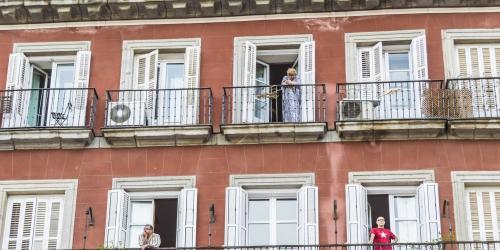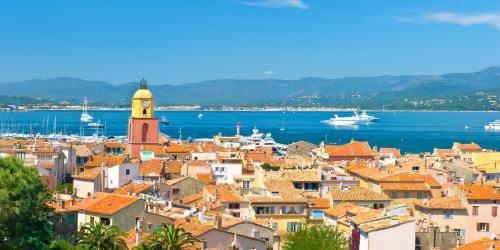Shrewsbury have moved closer to becoming the first English Football League club to have a safe standing area at their ground.
The Sky Bet League One club's application to have rail seats installed in a stand at the Montgomery Waters Meadow stadium has been approved by the Sports Ground Safety Authority.
"Following months of hard work and consultation with a number of football governing bodies, the (Shrewsbury Town) Supporters Parliament in conjunction with Shrewsbury Town Football Club has great pleasure in announcing that the club is now in a position to formally apply for changes to its Safety Certificate in respect of bringing a 'Safe Standing' area to the Montgomery Waters Meadow stadium," read a statement on the club's official website.
"This means we are a big step closer to our dream of becoming the first English Football League club to have a safe standing area with rail seats installed in a (currently) all-seater stadium.
"The application has been approved by the Sports Ground Safety Authority (SGSA) and the football club have now received written confirmation of the approval."
The Shrews, who said they had received "huge support" for the project, will now launch their Crowdfunding Campaign on August 2 in a bid to raise the B£50-75,000 required to finance it.
The club aim to have rail seats fitted and in use in a section of one stand before the end of the 2017/18 season.
"Many clubs across Germany have rail seats, for example Borussia Dortmund whose fans form a 'yellow wall' during games, while closer to home Celtic FC installed 3,000 seats before the 16/17 season - a major success for the club," the statement added.
Shrewsbury's ground is not governed by the all-seater stadiums legislation which permits clubs in Leagues One and Two to keep terraces that existed before 1994 because it was built 10 years ago.
Standing has been banned in England's top two divisions following recommendations made in the Taylor Report into the 1989 Hillsborough disaster.
Celtic opened a 2,900-capacity section last year after Glasgow City Council had granted them a safe-standing licence.


